September 23, 2018
The failure of flexible working + Bridging the workplace gap + The uncomfortable truth about sitting
 In this week’s Newsletter; how half of all our tasks will be performed by AI sooner than you might think; LinkedIn’s new London offices; the great failure of flexible working; Steelcase’s latest acquisition; Europe’s first building to achieve the WELL Platinum standard; Jonathan Hindle on improving workplace interactions; Jim Ware on finding the right place to meet; and Chris Kane on how to bridge the gap between people and places in a modern context. You can also download our most recent briefings on key topics, produced in partnership with Boss Design and BW Workplace Experts; visit our events page curated by Herman Miller, follow us on Twitter and join our LinkedIn Group to discuss these and other stories.
In this week’s Newsletter; how half of all our tasks will be performed by AI sooner than you might think; LinkedIn’s new London offices; the great failure of flexible working; Steelcase’s latest acquisition; Europe’s first building to achieve the WELL Platinum standard; Jonathan Hindle on improving workplace interactions; Jim Ware on finding the right place to meet; and Chris Kane on how to bridge the gap between people and places in a modern context. You can also download our most recent briefings on key topics, produced in partnership with Boss Design and BW Workplace Experts; visit our events page curated by Herman Miller, follow us on Twitter and join our LinkedIn Group to discuss these and other stories.













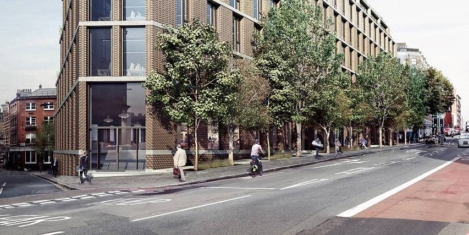

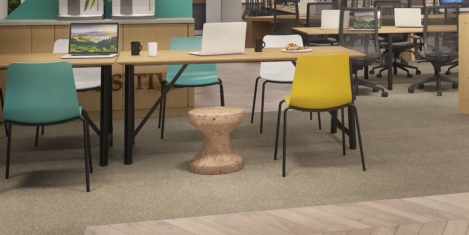
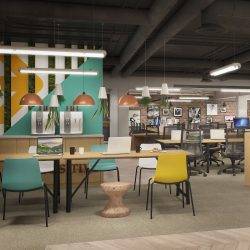


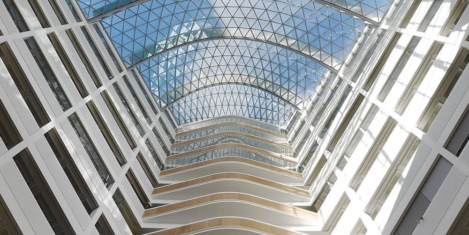
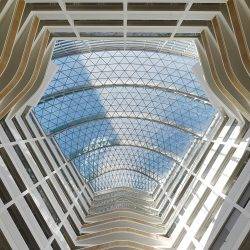
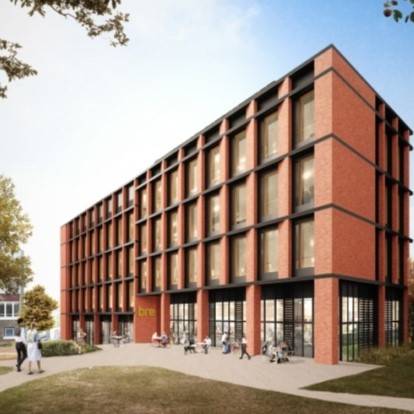
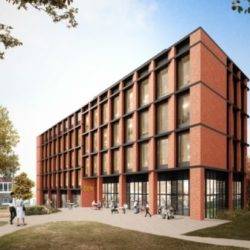













September 18, 2018
Building a culture of creativity that unites the physical and digital workplace
by Serena Borghero • Comment, Technology, Workplace design
(more…)